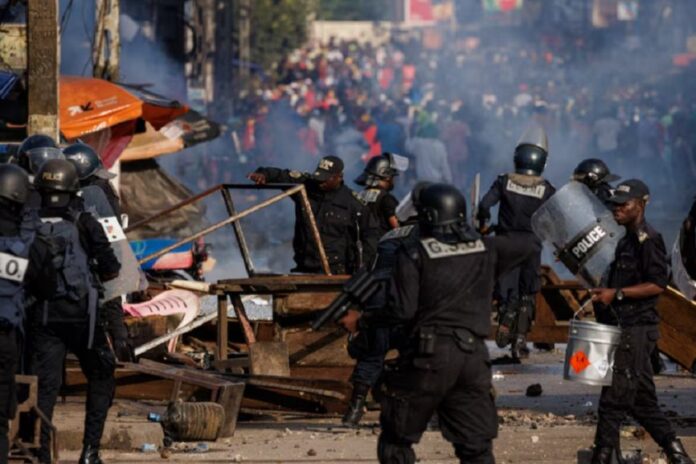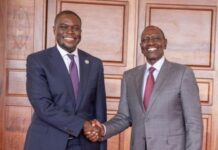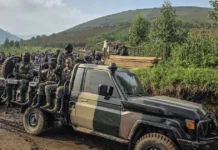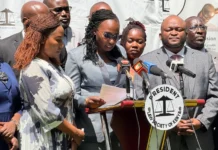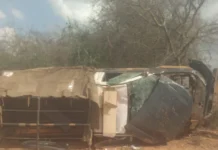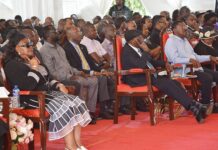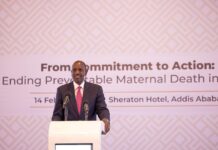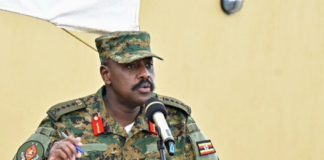Written by Were Kelly
United Nations sources have reported that Cameroonian security forces killed at least 48 civilians during a brutal crackdown on protests following the disputed re-election of 92-year-old President Paul Biya, sparking international condemnation. The violence, which saw security forces use live ammunition against demonstrators in the cities of Douala and Yaoundé, represents the most severe political unrest the country has witnessed since 2018.
The crisis began after the October 12 election, which saw President Biya, in power for over four decades, declared the winner with 53.7 per cent of the vote. His main challenger, Issa Tchiroma, who officially garnered 35.2 per cent, immediately denounced the result as fraudulent. Protests erupted on October 26, leading to initial clashes that left four dead. The situation rapidly escalated over the following days, with security forces mounting a severe response. According to UN figures, the death toll reached 48, with the Littoral region around Douala being the hardest hit. Civil society groups reported mass arrests, with over 2,000 people detained, including minors.
A spokesperson for the UN Human Rights Office stated, “The use of lethal force by security forces appears to have been disproportionate and excessive, resulting in an appalling loss of life. We call for an independent investigation and for the authorities to exercise utmost restraint.” Opposition leader Issa Tchiroma, who now faces charges of incitement, was defiant. “This was a masquerade election. The people’s will has been stolen, and they are being murdered for protesting it. The regime’s legitimacy is built on a foundation of blood,” he said. The government, however, maintained its position. A spokesman stated, “The state has a duty to protect public order from violent insurrectionists manipulated by foreign interests. Our security forces acted with professionalism in the face of grave provocation.”
The broader context of this violence is the entrenched rule of Paul Biya and the simmering Anglophone crisis in the country’s western regions, a separate conflict that has claimed over 6,000 lives since 2016. The post-election crackdown has drawn sharp criticism from the international community, with US Senator Jim Risch labelling the poll a “sham.” The European Union and African Union have expressed deep concern over electoral irregularities. The unrest also threatens Cameroon’s economic stability, having disrupted operations at the port of Douala, which handles 80 per cent of the country’s trade, and risks triggering a new wave of refugees into neighbouring Nigeria.
Sources: Reuters, HRW, Africanews.









